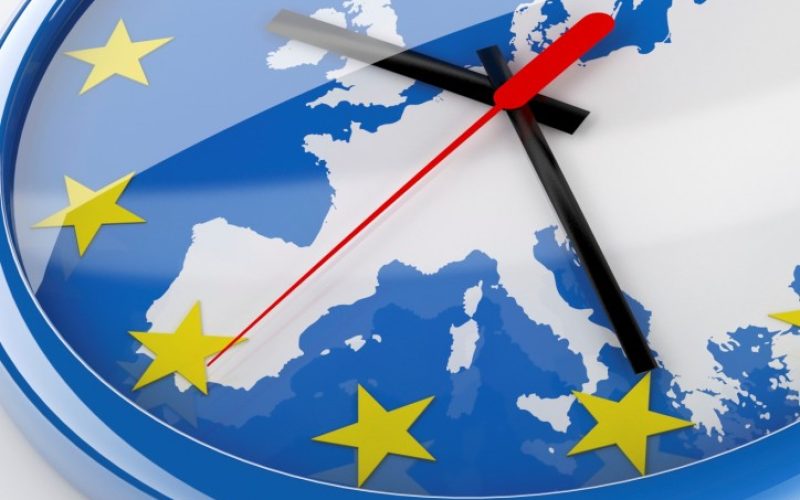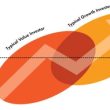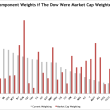Given recent signs that the eurozone economy is stabilizing, is it time to consider European equities again? Russ explains why his answer is a qualified yes.
by Russ Koesterich,, Chief Investment Strategist, Blackrock
This summer, for the first time in three summers, investors did not have to contend with a eurozone financial crisis.
While the continent’s problems remain far from solved, a year after European Central Bank (ECB) President Mario Draghi pledged to do “whatever it takes” to save the euro, the eurozone appears to be on more stable footing.
As such, many investors are asking: “Is it time to reconsider European equities?” My answer: a qualified yes. While I’m not advocating that those already overweight the eurozone add more exposure to the region, I do believe that European equities should no longer be excluded from portfolios. Here are three reasons why:
- Europe’s economy is stabilizing. After six-consecutive quarters of contraction, Europe grew a better-than-expected 0.3% in the second quarter. While still weak, the economy – particularly around the core countries – is improving.
- Eurozone equities are cheap relative to US stocks. Eurozone stocks currently trade for less than 1.30x book value. This is a 25% discount to their long-term average valuation and nearly a 50% discount to the book value of US stocks. The eurozone market typically trades at a discount to the US market due to its lower profitability and larger allocation to financials, which tend to trade at lower multiples than other sectors. However, the current discount looks excessive.
- There’s less risk that the euro will be dissolved. A year ago investors were reasonably concerned that the single currency may not survive. But last year’s actions by the ECB, coupled with some modest reforms in peripheral European countries, significantly lowered the risk of dissolution.
To be sure, while Europe looks better than a year ago, there are still a few important caveats that are keeping my “yes” answer a qualified one. First, the job of integrating Europe’s fragmented banking system remains a work in progress. Until we see further evidence of banking integration, which is unlikely until after the important German federal election next month, a weak and fragmented banking system will remain Europe’s Achilles heel.
Second, many of the southern European countries still need to make more progress in implementing structural reforms. Without further labor market reforms and deregulation in Greece, Portugal, Spain, Italy, and arguably France, European growth will remain anemic at best. Finally, getting these reforms through will be complicated by political instability and voter fatigue with austerity.
However, even with these risks, improving growth and cheap valuations suggest investors want some exposure to eurozone equities. Investors significantly overweight the United States and underweight Europe may now want to consider trimming some US exposure and reallocating it to international markets like the eurozone.
Copyright © Blackrock














